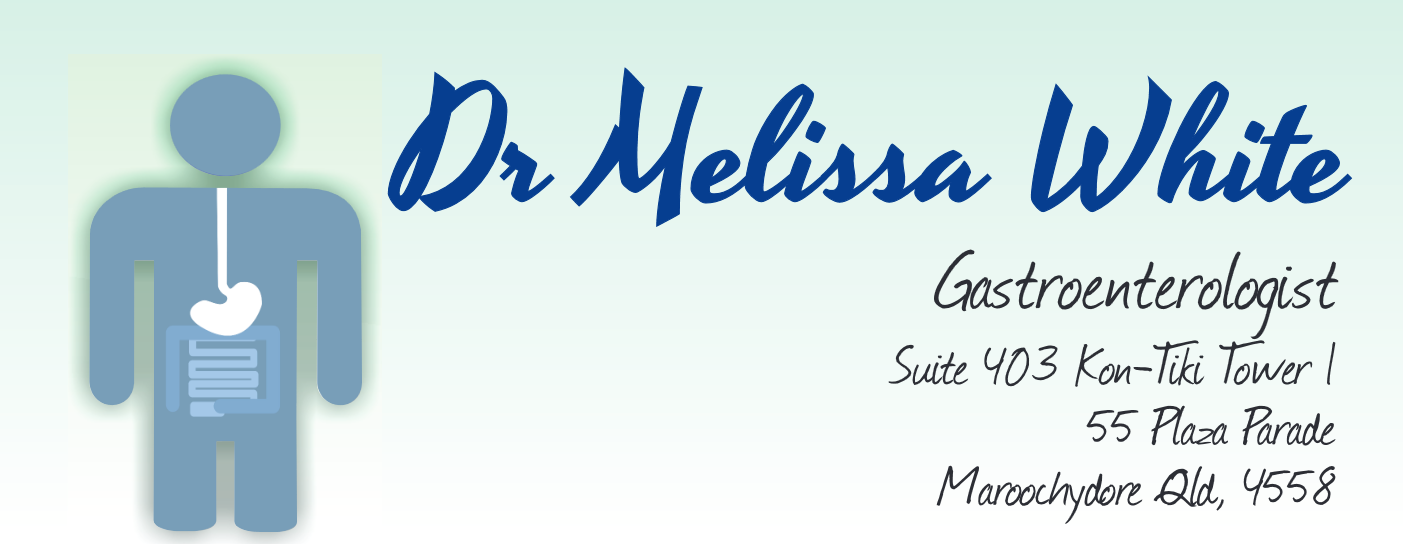Bowel Cancer
Bowel cancer (also known as colorectal cancer) is cancer in any part of the colon or rectum. If caught early, bowel cancer is one of the most curable cancers. However, if it is not detected or treated early, bowel cancer will continue to grow, spreading beyond the bowel to other organs where it is much harder to treat.
Symptoms of bowel cancer
It is vitally important to recognise possible symptoms and have them investigated if they persist. What to look out for:
A persistent change in bowel habit, especially going more often or looser, more diarrhoea-like motions, for several weeks
Rectal bleeding
Abdominal pain, especially if severe
Unexplained anaemia causing tiredness or weight loss
A lump or mass in the stomach
While these symptoms may also be due to other conditions such as haemorrhoids, irritable bowel syndrome, anal fissures or inflammatory bowel disease, don’t delay in talking to a doctor. It is better to visit a GP early and be reassured or treated than to hope symptoms will improve without treatment. Early detection saves lives!
How common is bowel cancer?
Bowel cancer is the second most common cause of cancer deaths in Australians
More than 14,000 people are diagnosed with the disease each year and about 1,000 are under the age of 50
Bowel cancer affects men and women almost equally
Bowel cancer causes more deaths than either breast or prostate cancer
You should never be told you are too young to have bowel cancer
Reducing the risk
Some risk factors such as age or a genetic pre-disposition to bowel cancer cannot be modified but they can be monitored. Diet and lifestyle can also help reduce the risk of bowel cancer. For example:
Don’t smoke
Limit alcohol consumption – no more than 2 standard drinks on any day
Maintain a healthy body weight
Be physically active – at least 30 minutes of moderate-intensity physical activity on most, preferably all, days
Replace some red meat meals with white meat or vegetarian alternatives
Focus on high-fibre foods including a variety of fruit, vegetables, wholegrain cereals, nuts, seeds, beans and legumes.
All text herein is the intellectual property of Bowel Screen Australia and Bowel Cancer Australia
Bowel Cancer Screening
Medical guidelines recommend screening using a faecal immunochemical test (FIT) every 1 to 2 years from age 50
Free screening via the National Bowel Cancer Screening Program is currently available for people aged 50, 55, 60 and 65 only
The Bowel Screen Australia program uses the ColoVantage Home Test. This take-home test is simple to use and does not require any diet or medication changes
The aim of a FIT is to detect any early evidence of bowel polyps or cancer.
A positive test means blood has been detected in the sample. It does not necessarily mean bowel cancer but it does need further investigation by a doctor and usually a colonoscopy
A negative test means there is no current evidence of bleeding from the bowel. The test should be repeated every 1 to 2 years.
A FIT is not appropriate for people with:
Bowel cancer symptoms
A personal history of bowel cancer or bowel polyps
A family history of bowel cancer
If any of the above applies to you consult your doctor for individual advice
For more information on bowel cancer visit: bowelcanceraustralia.org
